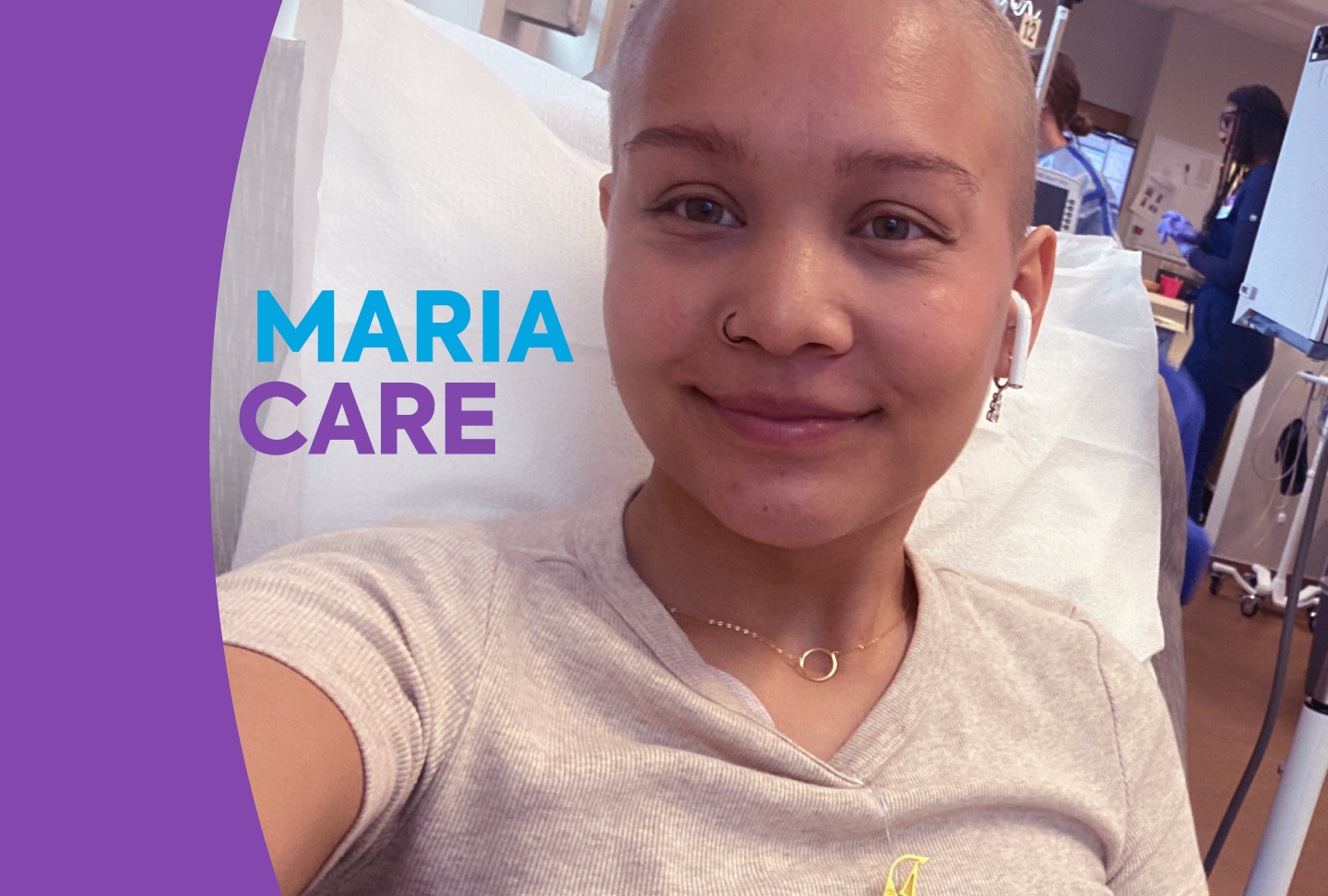When a Wellstar patient is diagnosed with colorectal cancer, their multidisciplinary care team works with them to create a personalized care plan with advanced treatment available at every step.
Support from the start
Patients are surrounded by a team of experts from the very beginning of their cancer care. To better prepare patients for treatment, Wellstar offers a “pre-hab” program with support services to care for patients’ overall well-being.
“Patients often ask what they can eat or do to prepare for treatment, and we want them to feel empowered,” said Wellstar Surgical Oncologist Dr. Sahir Shroff.
Patients can meet with team members including dietitians, physical therapists or behavioral healthcare providers so they feel their best both physically and mentally.
Learn more about cancer support services.
Innovative care options
Robotic surgeries provide patients with benefits like less recovery pain, less blood loss, fewer complications and shorter hospital stays, or for some outpatient procedures, no hospital stay at all. That means patients can start living cancer-free sooner and get back to their routines and the activities they enjoy.
About 85% of colorectal cancer surgeries at Wellstar are now robotic procedures, according to Wellstar Surgical Oncologist Dr. Sartaj Sanghera.
“Robotic surgery has really provided us the tools as far as the instruments and vision so that a larger cohort of surgeons in general, colorectal surgeons and surgical oncologists have been able to adopt the technology,” Dr. Sanghera said.
Patients with smaller, early-stage tumors may be candidates for transanal minimally invasive surgery, known as TAMIS. Rather than making an incision in the abdomen to remove a tumor, the surgeon is able to access the tumor through the anus.
“It is working through a natural orifice, through the anus. It’s not actually poking a hole in the belly,” Dr. Sanghera said. “It’s really minimally invasive.”
TAMIS is usually offered as an outpatient surgery with no hospital stay. It has been especially helpful in treating patients who may be at higher risk with traditional surgery due to their age or other health conditions, Dr. Sanghera noted.
Clinicians also adapt treatment methods based on the location of the cancer, according to Dr. Shroff. For example, if one spot is near a blood vessel, the care team may opt to use radiation rather than surgery to prevent blood loss.
New approach to treatment improves outcomes
The colorectal cancer experts at Wellstar have adopted a relatively new approach to treatment called total neoadjuvant therapy, or TNT, which makes surgery the last step in the cancer treatment process. Patients receive chemotherapy and radiation first, then finish treatment with surgery.
“Recognizing that rectal cancer is a systemic disease, with risks of spreading to other parts of the body, we have evolved in our management of rectal cancer, offering an operation as the last step in the treatment process,” Dr. Shroff said.
Wellstar has seen positive results with this technique.
“We have adopted that approach for nearly all patients now,” said Wellstar Hematologist and Oncologist Dr. John French. “We are seeing that if you do that approach, it’s safe, more patients are able to complete all the therapy lines, and we are noticing an increase in pathologic complete response rates.”
Pathologic complete response describes the absence of any detectable cancer cells in a tissue sample following a particular treatment. It refers to the absence of cancer cells in the area of the body where the tumor was originally located, as well as anywhere the cancer may have spread.
Nonoperative care
Some patients at Wellstar don’t require surgery at all.
“There have been recent studies of a subgroup of patients who are treated pre-surgery through chemotherapy, immunotherapy and radiation and they are seeing great responses,” Dr. Shroff said.
The care team continues to monitor these patients for any signs of cancer.
“We're excited to offer this different pathway for patients,” Dr. Shroff said.
Immunotherapy
Immunotherapy is based on the concept that a patient’s own immune system can fight their cancer.
When given, immunotherapy drugs wake up the patient’s own immune system to recognize and fight the cancer. People with colorectal cancer are screened for four proteins that help with DNA repair. If these proteins are missing or mutated, the patient is more likely to respond to immunotherapy.
While immunotherapy has been groundbreaking in the treatment of stage 4 colorectal cancer, only about 15% of patients are found to be eligible for the treatment based on their protein screenings, Dr. French noted.
If you are interested in immunotherapy, ask your clinician about your care options.
Top-of-the-line rectal cancer care
Wellstar Kennestone Regional Medical Center has received accreditation from the National Accreditation Program for Rectal Cancer (NAPRC), a quality program of the American College of Surgeons.
To achieve voluntary NAPRC accreditation, a rectal cancer center must demonstrate compliance with the NAPRC standards that address program management, clinical services and quality improvement for patients. Centers are required to establish a multidisciplinary rectal cancer team that includes clinical representatives from surgery, pathology, radiology, radiation oncology and medical oncology.




